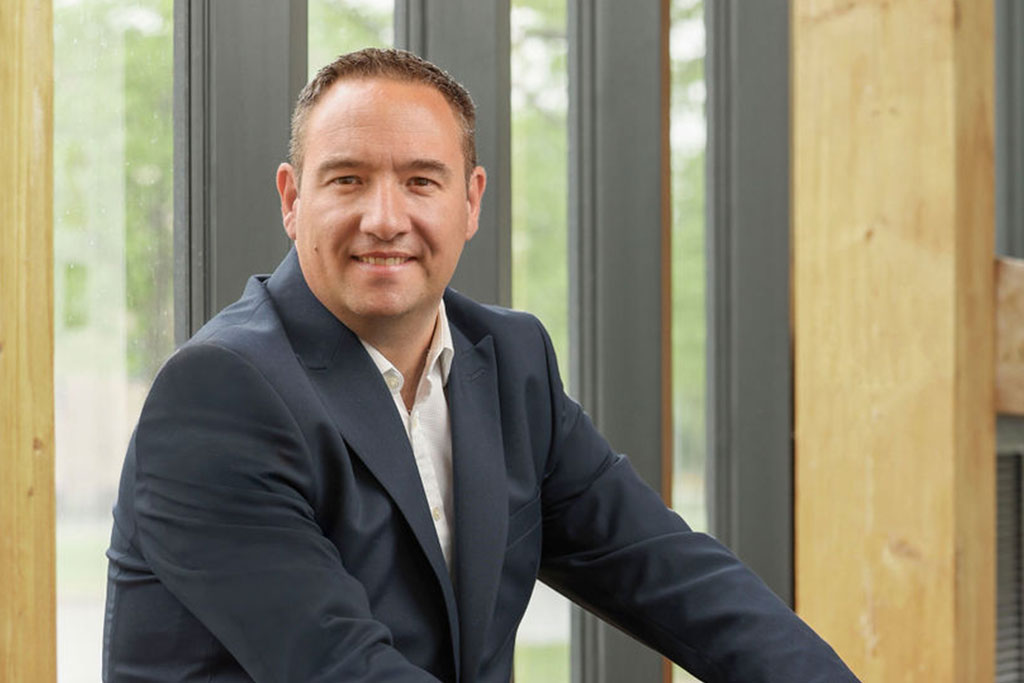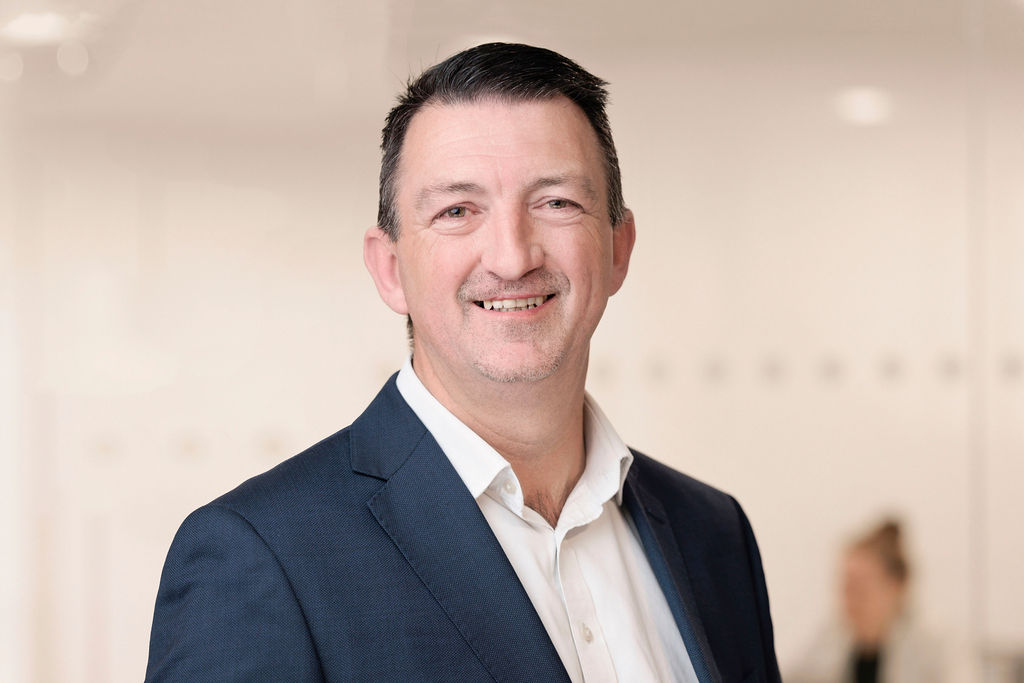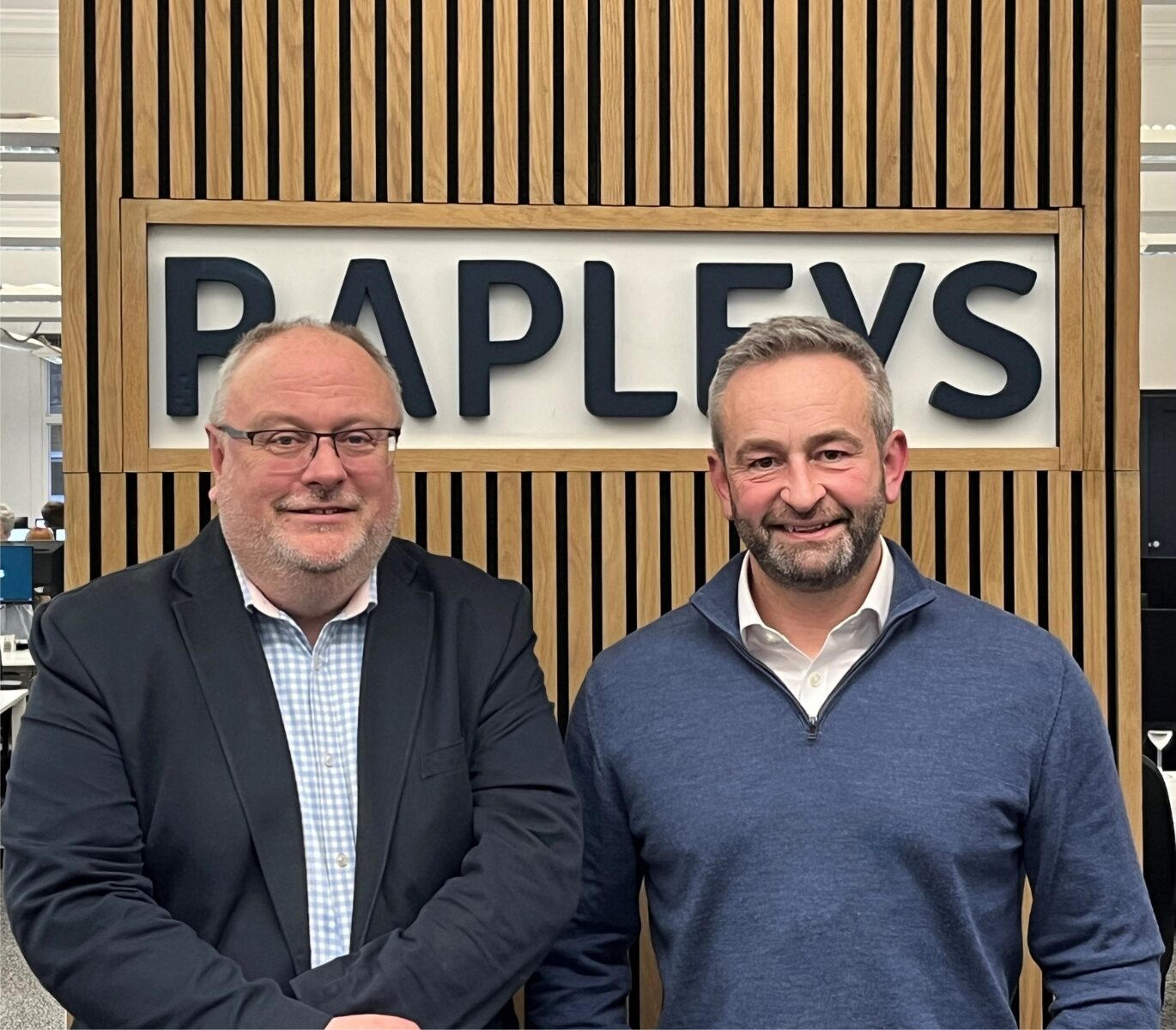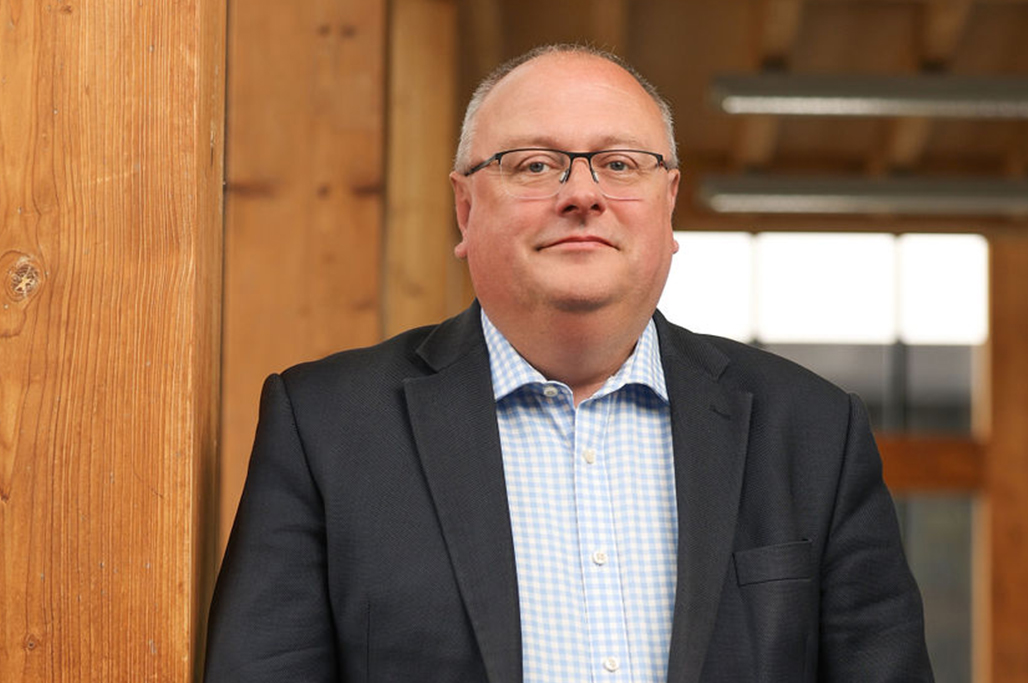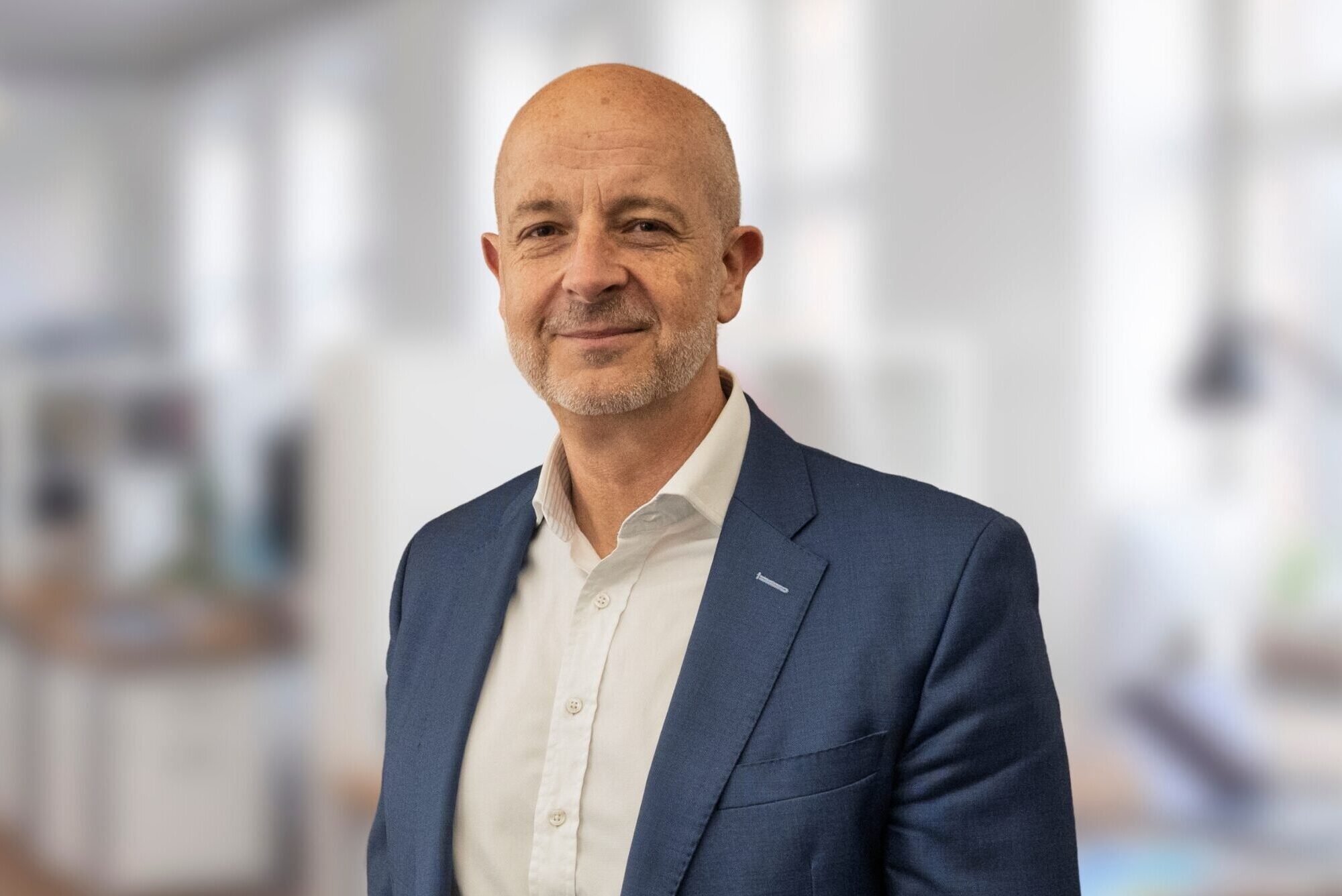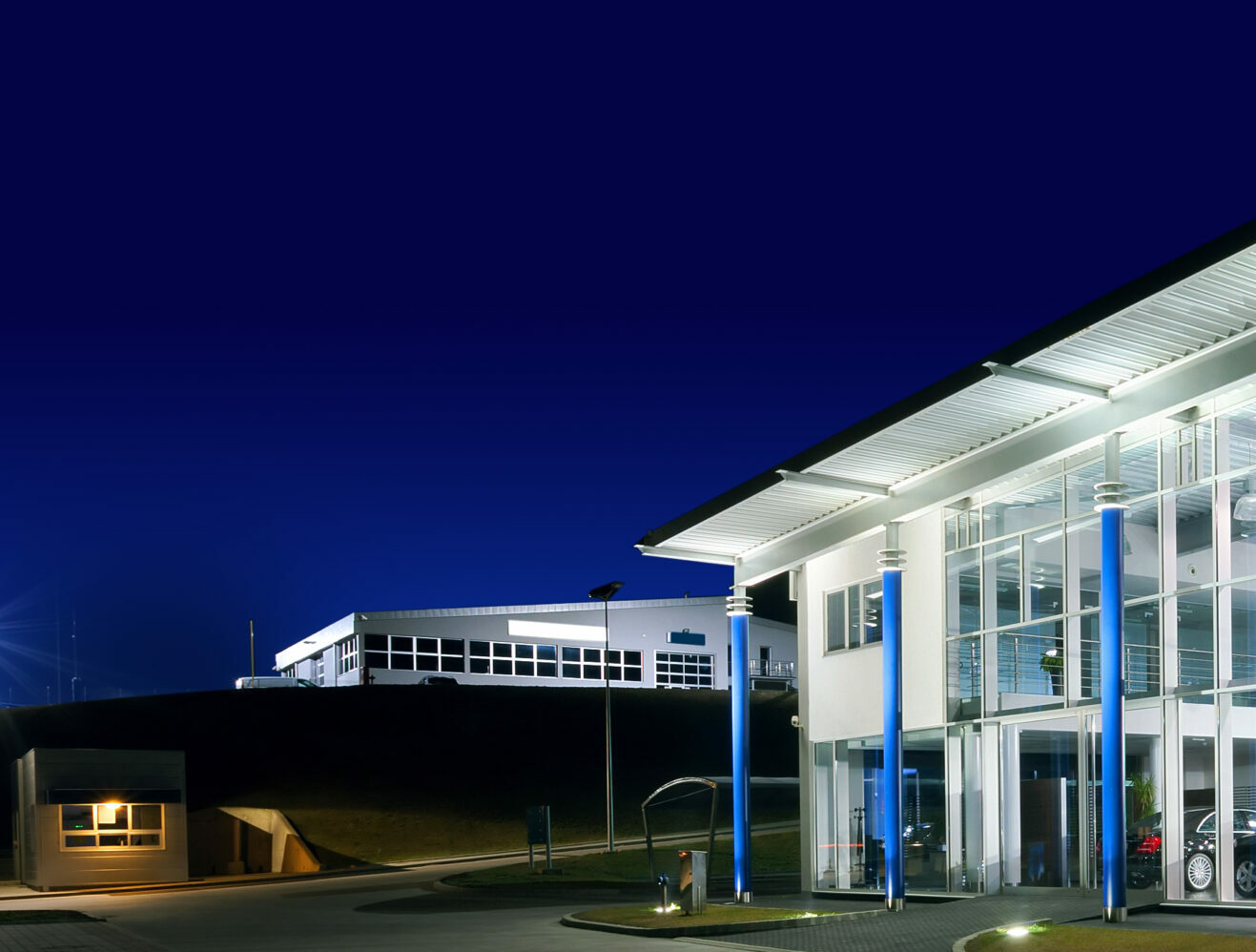
News Article
In the face of rising operational costs and record inflation levels in 2022, the UK’s petrol filling station market (PFS) has proved to be more resilient than ever
15th Jan 2023
Published in Forecourt Trader on 04 January 2023
Daniel Cook, head of Automotive & Roadside at Rapleys answers questions on the forecourt market in 2022 and what lies in store in 2023 and beyond . . .
Full Q&A with Daniel Cook:
Q: Which were the biggest forecourt property stories of 2022 for Rapleys?
We have been involved in a number of transactions but unfortunately many are under NDAs (such is the nature of such transactions). What has been a little bit of a surprise is how demand for solus fuel sites remains strong – we are in discussions at the moment on one at well over £200,000 pa on the basis of a 10 year term commitment.
In terms of the corporate market, as a collaborative team, we have followed the Asda (EG) /Coop deal closely because we work with both brands in our retail team as well, which is also a market leader in foodstores, and this was quite an interesting deal given the competition clauses and what we expect Asda to be doing with these properties in the future.”
Q: Is demand still as high as ever for good forecourt sites?
“Demand is very much still high for good forecourt sites and they really don’t come to the market very often so when they do it’s often competitive if not transacted off market between brands early on.
Demand could tail off a little in the medium term with the switch to EV but we see a lot of the big players investing in their existing sites or acquiring when they can with the future firmly in mind.
Bigger players such as EuroGarages and AppleGreen are still acquiring operational sites for example but we also see smaller groups buying secondary sites as these opportunities arise.
Of course, those that are looking to the future may be buying for restructure and redevelopment with an eye firmly on post EV and hydrocarbon transition. That’s probably where the real opportunity lies.”
Q: Are decent sites still coming to market?
“Very rarely do decent sites come to market and when they are being transacted, they are normally completed off market between companies that know each other well like in the EG/Asda and Coop example. Groups have most success in acquiring sites as part of a portfolio or as entire businesses.”
Q: As we head to 2030, have you seen more forecourt operators consider their options ie selling up etc?
“We have not seen as many forecourt operators consider their exit options as we would have expected at this point to be perfectly honest, not yet! When it does come to that, the options will be mostly about flexibility and repurposing for the future. People will likely charge their vehicles at home when EVs become much more commonplace but as yet, we are not seeing more exits or exit strategies. However we do think it will come, of course.”
Q: What advice would you give to an operator wanting to buy/sell?
“As an expert in this market for well over a decade, I would advise clients to think very carefully about the long-term potential of the site in question. Given the ongoing switch to EV they need to consider if their site is going to have medium term demand for either existing or alternative uses? All clients should take expert property and consultancy advice because these assets and sites are complex with plenty of challenges – for example planning, infrastructure and investment to name a few. Their roadside location also does limit options whereas genuine experts with track record will know every market cycle, all the challenges and workarounds and every potential development or repurposing angle available.”
Q: What are buyers looking for?
“Well there are a lot of buyers looking for the same thing! People want prominent sites that are able to repurpose without a huge investment, and that are capable of supporting EV infrastructure if not immediately then in the future. Then they should be looking for other income streams such as the ability to put in a brand franchise and hospitality or retail – like EuroGarages have done with Greggs, Subway etc. As I’ve mentioned already, there are a lot of buyers and not many sellers right now, at least not officially on the market anyway! The bigger corporate players all know each other and can go straight to each other to do the off market transactions if they want to do them quickly. However, we think they’re missing a trick and not realising their full potential as with an expert and a rostrum of buyers that are interested, they can command higher values.”
Q: Are sellers expecting realistic prices?
“Are they ever?! Without making jokes, we believe that sellers are potentially getting more realistic and also more open to offers that might tempt them. That’s what happened after all with some of the acquisitions we have been involved with earlier this year. However, in order to do that you need a good advisor who will be able to understand both vendor and purchaser’s business and where the opportunities lie for both parties. If so, then there’s always an achievable selling point. Now may be a good time to sell for example because of what’s coming down the line and the interest there is from buyers but advice needs to be thorough, valuation needs to be expert and the advisor needs a strong track record to be able to gain trust and negotiate properly.”
Q: Any emerging trends?
“The main emerging trend is that we are seeing more tangible EV operators in the market today.
A few years ago a lot of new companies in the market were looking at launching EV operations but they did not have any real covenant strength which made such transactions not really viable for the forecourt market and its vendors. However today we have bigger brands with EV operations such as BP Pulse, Apple Green and Shell offering their own charging infrastructure;
I believe the biggest opportunities right now in the market is the repurposing and repackaging of sites that owners have at the moment. If you are a smaller group without EV infrastructure in place, then consideration needs to be made as soon as possible for how to move forward as the asset will lose capital value – and income – if nothing is done. The options could be an exit to a player that can put it said infrastructure in place, or by evaluating the potential of the sites with an expert who can highlight the opportunities that are available for the owner’s individual operating model. Each asset and owner are different after all and thus have different pain points and considerations.”
Related news
Why Warm Homes is such a hot topic
Martin Gladwin and Titus Wing explore the Government’s Warm Homes Plan
